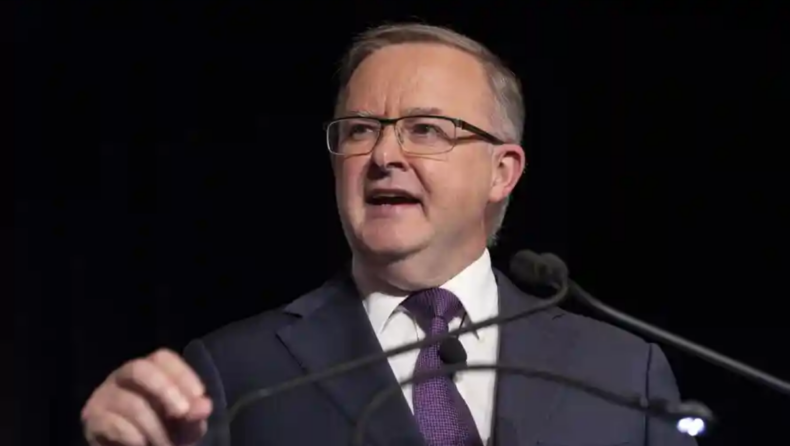
Anthony Albanese, Australia’s new prime minister, was appointed on Monday, May 23, 2022, ahead of a Tokyo summit with President Joe Biden. Also, as vote counting proceeded to determine whether he will command a majority in a Parliament, demanding tougher climate action.
In Saturday’s election, Prime Minister Anthony Albanese’s centre-left Labor Party defeated Scott Morrison’s conservative coalition. Hence, for nine years, three prime ministers had led the coalition to power. Mr. Albanese stated before flying to Canberra to be sworn in that he wanted to lead a government that believes in the same sentiment of optimism also hope that I believe defines the Australian people.”
Mr. Albanese also described himself as the first non-Anglo Celtic Prime Minister candidate and Malaysian-born Penny Wong. Furthermore, Australia’s first Foreign Minister was appointed by Governor-General David Hurley before flying to Tokyo on Tuesday for a security summit with Mr. Biden, Japanese Prime Minister Fumio Kishida, and Indian Prime Minister Narendra Modi.
According to the White House, Mr. Biden called Mr. Albanese to congratulate him on his election victory and also express the President’s desire to strengthen the countries’ alliance.
Furthermore, Mr. Morrison’s decision to resign as Prime Minister during early voting allowed Mr. Hurley, who represents Australia’s head of state, British monarch Queen Elizabeth II, to appoint his replacement without proof that Mr. Albanese can control a majority of seats in Parliament’s lower chamber, where governments are formed.
Concerns about climate change
“This election saw both the Liberal and Labor parties lose ground. Labour may or may not get over the line with a majority, but their vote has gone backwards” Mr. Adam Bandt expressed himself.
Mr. Bandt further added, referring to Australia’s major fossil fuel exports, that the Greens and independents said we need to take action on coal and gas, which are the main causes of the climate crisis, and people agree. He also mentioned that the two-party system as we know it is over.
Teal independents, greener versions of the Liberal Party’s blue colour, helped the former conservative government lose six traditionally safe seats. The former government maintained the same commitment made in the 2015 Paris Agreement: a reduction of 26% to 28% below 2005 levels by 2030. The Green Party’s target for 2030 is 75%.













